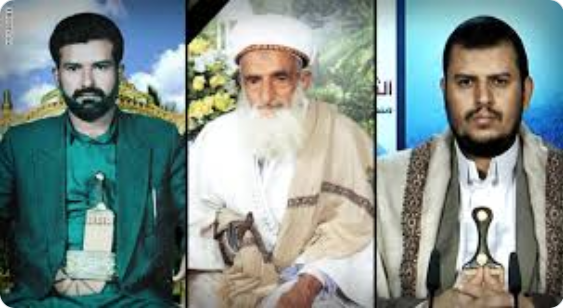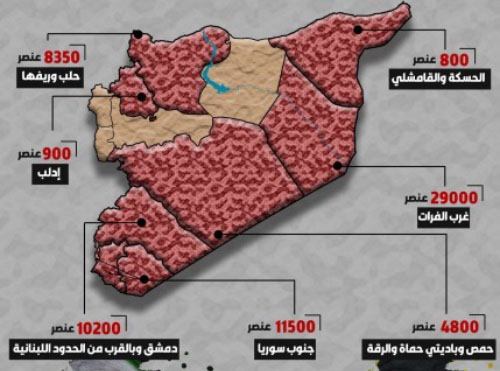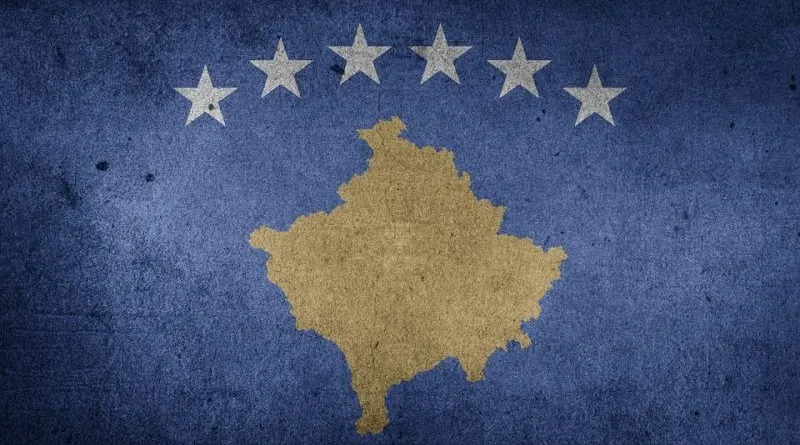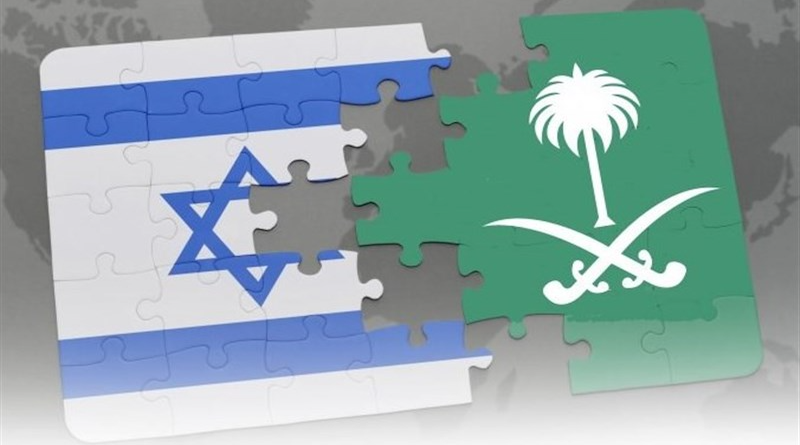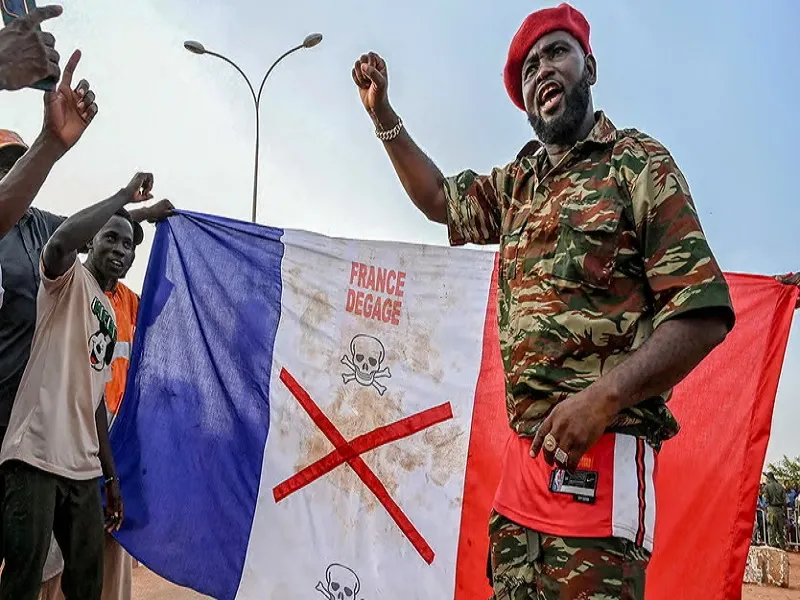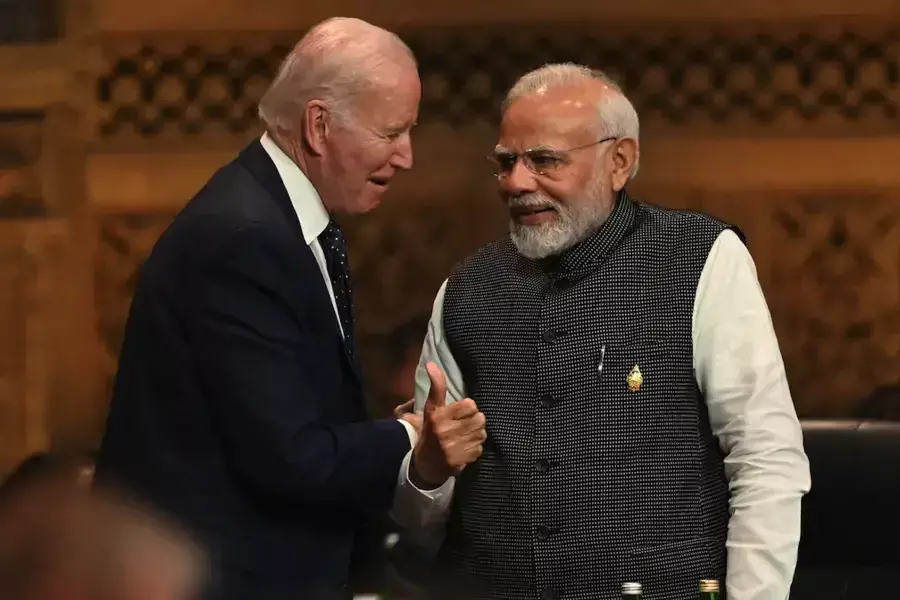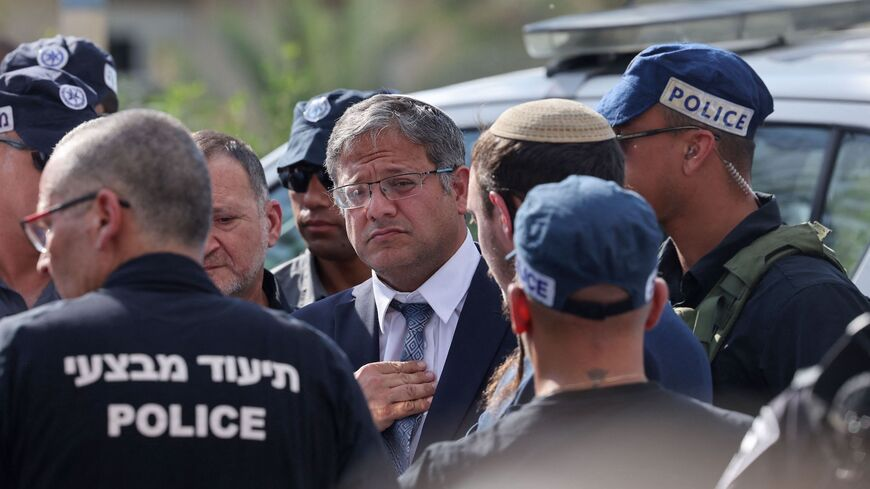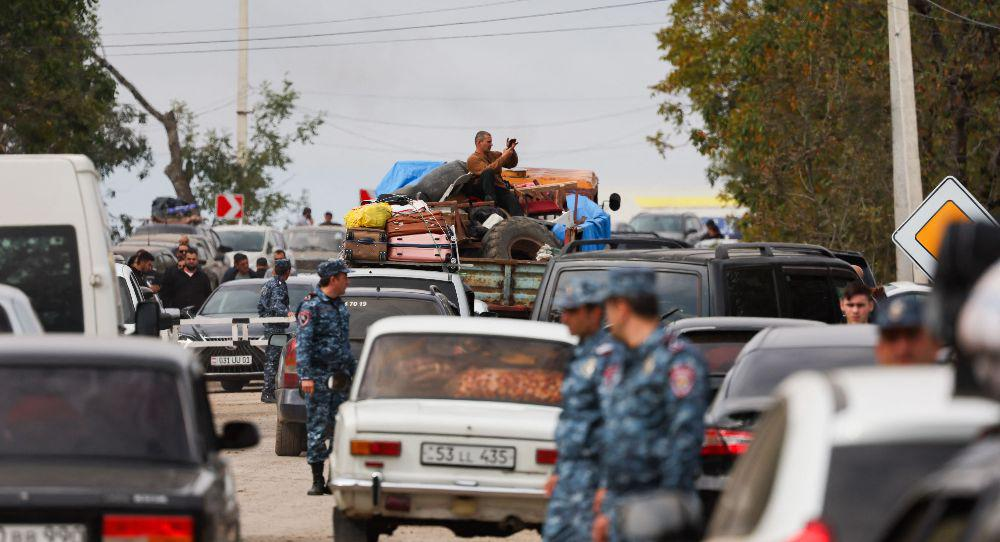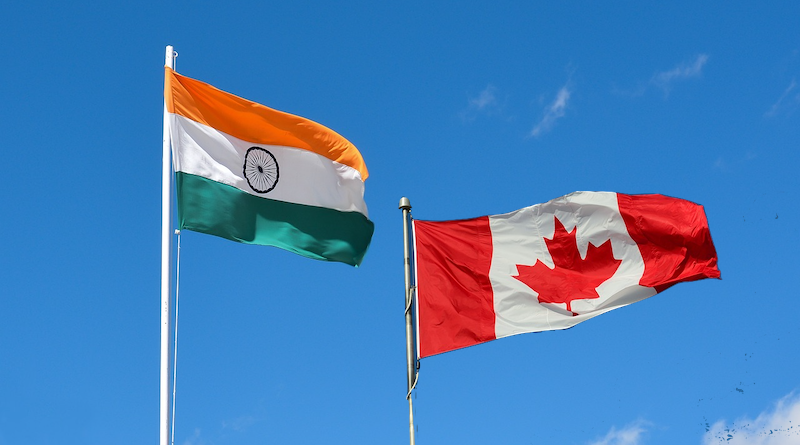Does Ankara attack mark strategy shift for Turkey’s PKK?
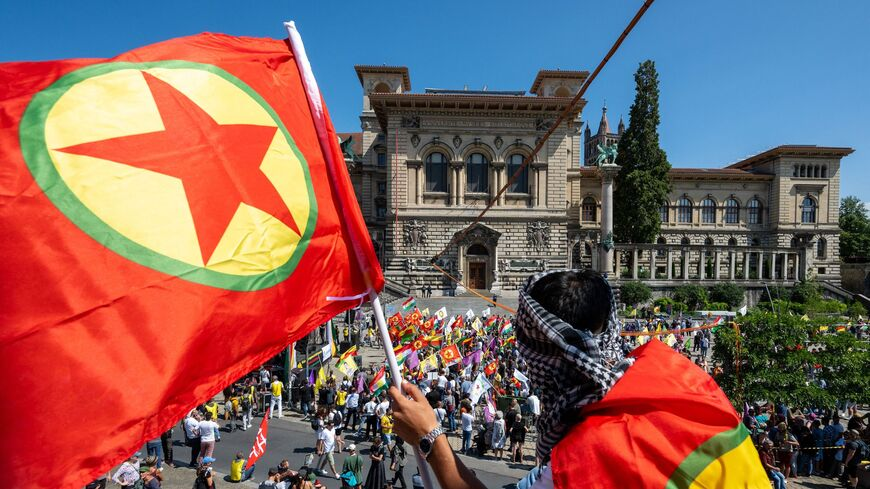
The attack inside Turkey, the first since 2016 for the PKK, has prompted worries over Washington’s partnership with Syrian Kurds.
The outlawed Kurdistan Workers Party (PKK) carried out a suicide attack on the headquarters of Turkey’s national security directorate in Ankara on Sunday. Does the violence mark a shift in the group’s strategy that can imperil the military partnership between its Syrian Kurdish franchise and the United States?

